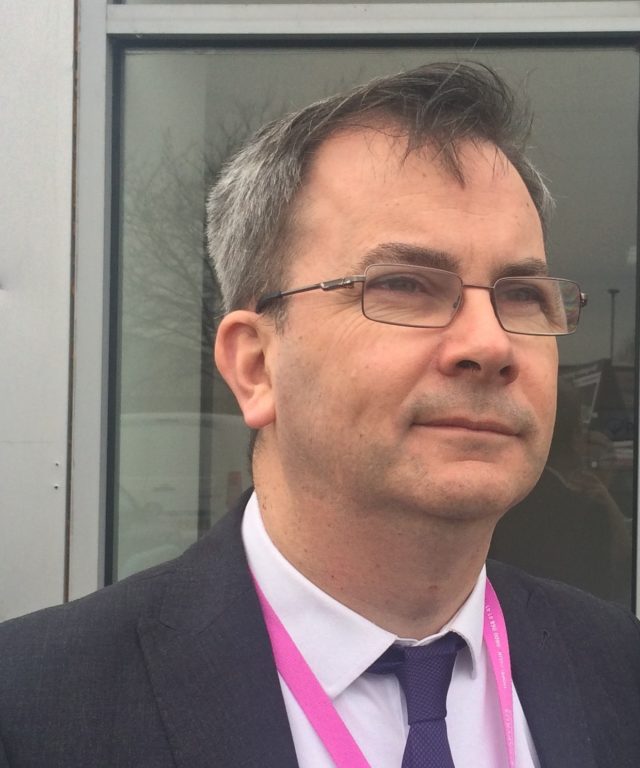Teachers should be prepared to ask school children if they are suicidal if they notice a change in their behaviour, a charity boss has warned.
Ged Flynn, chief executive of suicide prevention group Papyrus, said school staff should not feel embarrassed or scared to ask children about their mental health as part of a drive to cut self-harm and depression among young people.
It comes as latest figures from the charity show children as young as nine are seeking help with thoughts of suicide, with up to 40% of 11-18-year-olds contacting the charity’s HOPELineUK service complaining of being cyber-bullied.

In an interview with the Press Association, Mr Flynn said: “Children may not know the word ‘suicide’, so I’m not frightening teachers into doing an assembly on suicide.
“But I am saying don’t be frightened of using that word.
“They’re more likely to engage with you when they are struggling.”
Mr Flynn said there was a need for sensitivity, and to use age-appropriate language when talking to young children who may not fully understand the permanence of death.
But he said it was crucial to shatter the taboo of suicide by engaging with children about the concept.
“The burden on schools is clear if we want them to be teaching, social working and counselling. It’s a tall order.
“You’re already doing great rapport-building with him. If he changes his behaviour, ask him: this is not like you, are you thinking about suicide?
“If he’s not, he knows that if he is he might come to you. If he is, he will readily say: Yes I am can we talk about it?”
Asked whether he envisaged some reluctance from parents about the prospect of discussing suicide among young children, Mr Flynn said: “My message to those parents is: wouldn’t you prefer that we prepare your child that he or she may be a risk to themselves than to have a police officer knock on your door and say: ‘I’m really sorry…’?”






